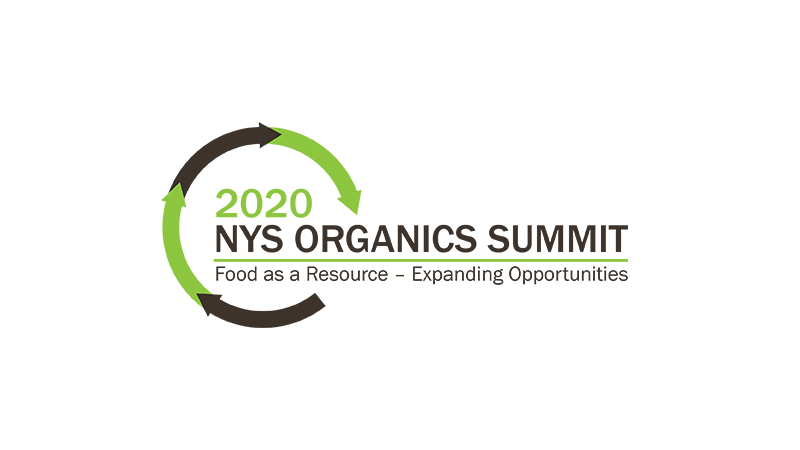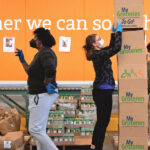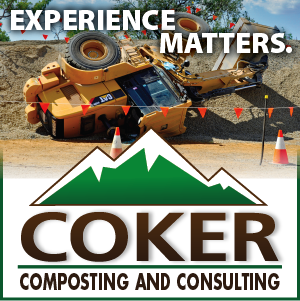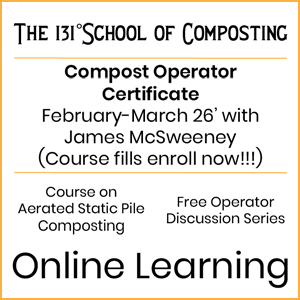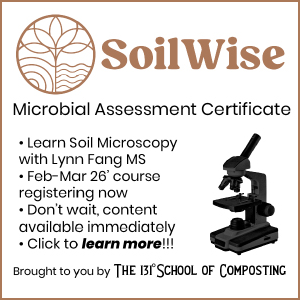Instead, several sessions planned for the Summit were held as webinars throughout May. The recordings of each webinar are now available. Sessions included:
- Bringing Food Scraps Drop Off Programs to Your Community, featuring three initiatives: GrowNYC’s network of food scraps drop-off sites and the cities of Rye and Buffalo’s food scrap drop-off programs. Presenters were Emily Bachman (GrowNYC), Patti Capparelli and Linda Mackay (Rye Sustainability Committee) and Susan Attridge (City of Buffalo).
- Incorporating Food Scraps Into Your Yard Waste Composting Facility, discussing highlights of the “Community Toolkit: Adding Food Waste to a Yard Trimmings Composting Facility,” written by Nora Goldstein (BioCycle) and Coryanne Mansell (CET), and then a presentation on the basics of compost site management by composting consultant James McSweeney.
- Managing Wasted Food: Lessons Learned Nationally and New York State’s Plan of Action, starting with a discussion about state policies designed to facilitate diversion of food scraps from disposal and their effectiveness (a live interview with Nora Goldstein by Kendall Christiansen of Gaia Strategies), followed by an update on NYS’ Food Donation and Food Scraps Recycling law passed in 2019.
The update was presented by Sally Rowland with the NYS Department of Environmental Conservation’s (DEC) Organics Reduction and Recycling Section. The law becomes effective January 1, 2022 and applies to designated food scraps generators (DFSGs) — defined as generating ≥ 2 tons per week (annual average) at a single location. DFSGs must donate excess edible food and recycle all remaining food scraps if they are within 25 miles of an organics recycler (composting facility, anaerobic digester, etc.) that has capacity for all of the generator’s food scraps. For multiple small entities, e.g., mall or college campus, designation depends on who contracts for waste management. The generator does not have to use the organics recycler within the 25-mile radius, which is calculated “as the crow flies, not driving miles,” noted Rowland.
Regulations to implement the law are anticipated to be ready for public comment in Winter 2020. DFSG will be notified in June 2021 if they are regulated under the law; waiver applications can be submitted from June to September 2021. Grants for recycling and food recovery program capital costs are available from DEC and several other organizations.


